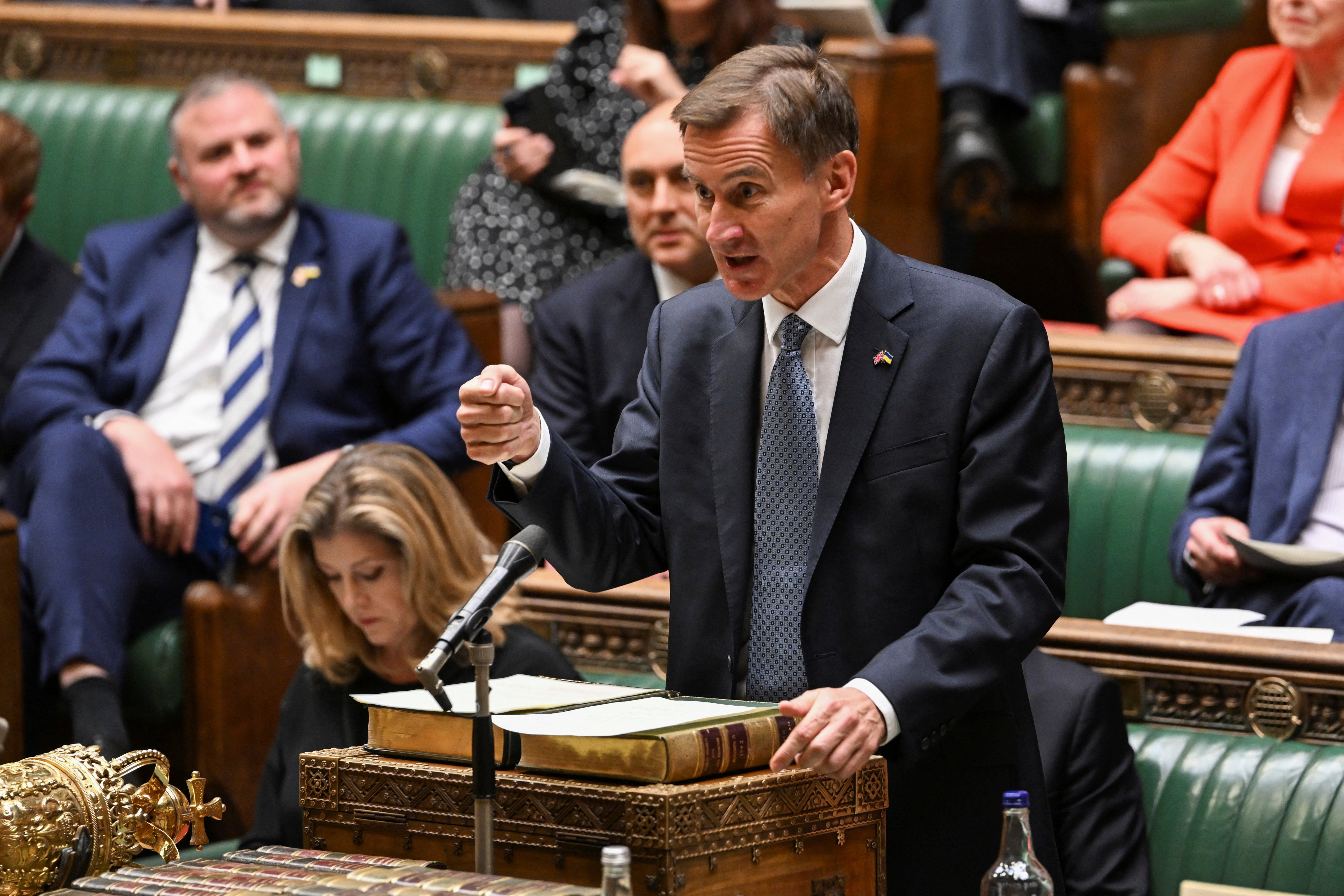‘A bit like non-uniform day’: This is what it’s like on Budget day when you work at Westminster
It’s a strange feeling, knowing that you’ll have to implement whatever is announced in your bit of the Budget and there’s nothing more you can do about it, writes Salma Shah


Fiscal events are funny things. If you’re not in the Treasury, it’s a bit like a non-uniform day. You’re still there, doing your job but everything is just a little different. On days when all eyes are on the Treasury, everyone else in government gets to kick back and watch the chancellor’s statement like the average punter.
It’s a strange feeling, knowing that you’ll have to implement whatever is announced in your bit of the Budget and there’s nothing more you can do about it. You will have to call around once your statement is out, correct things for journalists, and be congratulated by or calm the stakeholders about the announcements they’ve just heard.
You will have some idea about what’s coming for you; but largely, you are like everyone else, waiting to see what is coming your way in full and working out the bigger picture of what it means for the government.
Posing with the red box (or folder, in this case) outside 11 Downing Street – the statement by the chancellor to the House of Commons is usually heard in silence – it’s all part of the sense of occasion. But the process in the run-up to it is draining and arduous.
It’s perhaps why budgets are susceptible to error. Perhaps not always in the vein of Kwasi Kwarteng’s first (and last) attempt at one, but there are always issues, problems and criticisms. Any government would likely prefer to have the coverage over the pasty tax rather than a full-blown economic crisis – but there’s always something that unravels.
The period leading up to it is intense. The wrangling, the sums, the arguments and the unhelpful tidbits that appear in the newspapers. It’s a miracle that anything comprehensible comes out at all at the end of it. The chancellor, meanwhile, will be juggling so many different decisions and complex spreadsheets; hoping to get to that balance that will get him through the day.
To keep up to speed with all the latest opinions and comment sign up to our free weekly Voices Dispatches newsletter by clicking here
From these decisions flow the realities that will be faced by us all. It’s why the chancellor tends to be next to the PM, the most important figure in government. Especially when all the choices before you are totally rubbish and everyone has an issue with their departments. Which ethical exercises do you employ to make efficiency? Which political calculations do you make when deciding who will bear the brunt of the costs?
It’s therefore important for the rest of the cabinet to believe the chancellor is someone they can deal with, on a personal as well as professional level. In many ways, having a difficult relationship with the occupant of this great office of state is worse than falling out with the PM. You can do very little in government if you don’t get along with the Treasury.
Whatever you make of the measures that have come out today, it’s undeniable that a serious person with integrity is making tough decisions that are not easy to sell.
Join our commenting forum
Join thought-provoking conversations, follow other Independent readers and see their replies
Comments
Bookmark popover
Removed from bookmarks